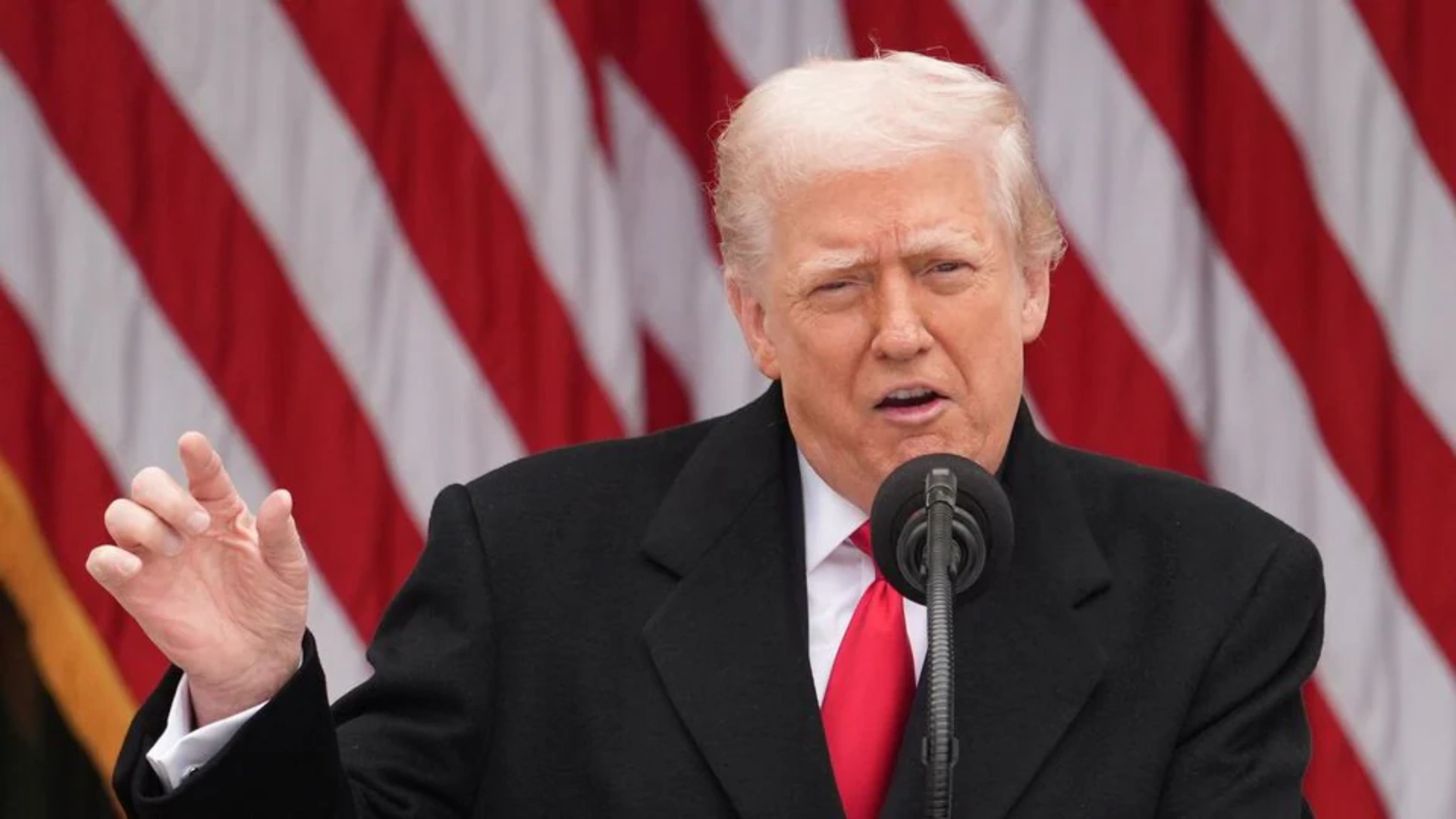The United States government has started buying ownership stakes in important private companies to strengthen national security. The Trump administration has already invested more than $10 billion of taxpayer money, and the buying is still going on. This is a new and unusual step for the US government.
Why This Move Is Unusual?
Most countries today are focusing on privatisation, where the government sells its stake in public companies. The US was one of the earliest countries to privatise many public sector firms to improve efficiency. Over time, many government companies became fully private. But now, the US is taking a different path by buying stakes instead of selling them.
Why Is the US Buying Company Stakes Again?
Privatisation has limits. Private companies work mainly for profit, not for public welfare. When the government has no control, it cannot use these companies for social or national interest. By buying stakes again, the US government wants to use important companies to Support national security, Protect key industries, Reduce dependence on foreign countries like China.
Government companies play a crucial role in a country’s long-term and sustainable development. While private companies focus on profit, government-owned enterprises work for public welfare, balanced development, and national security. This makes them an essential part of any strong and stable economy. Sustainable development requires long-term planning, not just short-term profit. Government companies invest in projects that may not give immediate returns but are necessary for the nation. Private companies alone cannot complete this responsibility.
Where Is the Government Investing?
A New York Times investigation found that the US government now owns small stakes—or has the right to take stakes later—in at least nine companies. These companies operate in sensitive sectors like Steel, Minerals, Nuclear energy, Semiconductors. These industries are essential for defence, technology and national security.
Main Reason: Reducing Dependence on China
China controls many important minerals and materials needed for:
- Aircraft
- Robots
- Electric vehicles
- Semiconductors
- Defence equipment
During a recent trade conflict, China restricted some mineral exports to the US. This increased America’s worry about relying too much on China. So, the US is now strengthening its own companies.
White House spokesman Kush Desai defended the administration’s actions. He said, “These targeted equity stakes ensure that taxpayers get a good deal and that our efforts encourage more private-sector investment.” This shift in policy has been influenced by China’s control over many strategic industries. The trend grew even stronger after China restricted exports of minerals needed for planes, semiconductors, robots and cars during a trade conflict with the US.
Concerns About Government Involvement
Not everyone agrees with this new strategy. Critics raise several concerns:
- The process is secretive
- There could be corruption or favouritism
- It may distort markets
- Taxpayers may lose money if the companies fail
Some companies even avoid meeting government officials because they fear being pressured to give up ownership.
How the Government Is Making These Investments
Different departments are using existing programs to buy stakes. The Energy Department used Biden-era loan programmes to invest in mineral companies. The Commerce Department used its authority over semiconductor funding. Some major investments include:
1. Stake in US Steel (June)
The government received a “golden share” in US Steel after allowing Japan’s Nippon Steel to buy the company.
2. $400 Million Stake in MP Materials (July)
The Defense Department invested in this mining firm, which was losing business because of China’s lower prices.
3. Becoming Largest Shareholder in Intel (August)
The Commerce Department became the biggest shareholder in Intel to support chip manufacturing.
Is the Government Moving Too Fast?
Some analysts say the Trump administration is making deals very quickly—sometimes in just a few weeks. The Biden administration took months to study companies before making decisions. Experts are divided:
- Some say fast action is needed to counter China.
- Others say acting too fast increases the risk of poor investment decisions.
Latest Investment: Vulcan Elements
In November, the government invested in Vulcan Elements, a North Carolina start-up that makes rare earth magnets. Its CEO said they did not receive any political favour and that the investment will help reduce dependence on China and support manufacturing of cars, phones, and robots.
